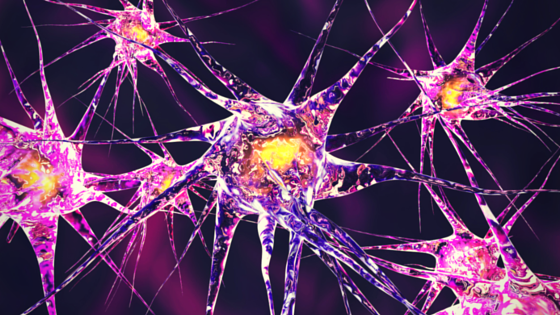
New research published in the Journal of Neuroscience describes how cells isolated from human umbilical cord tissue can produce molecules that help retinal neurons grow in rats. The family of molecules, called thrombospondins, may be useful for the treatment of degenerative eye diseases. The findings of the research were recently published in the Journal of Neuroscience.
Lead researcher, Dr Cagla Eroglu from the Duke University Medical Center, describes the breakthrough saying: “By learning more about how these cells work, we are one step closer to understanding the disease states in which these cells should be studied.”
Researchers used umbilical cord tissue-derived cells (hUTC), which come from the cord tissue instead of the blood. The researchers used a cell culture to determine if the hUTCs affected neurons obtained from rat retinas. They used an innovative technique where the two types of cells sat in the same fluid, but did not touch one another.
They found that retinal neurons in a bath with hUTC cells formed new connections between the neurons (called synapses). The neurons also survived longer than neurons sitting in a bath with no contact to the stem cells.
Researchers realised that something in the fluid was causing the hUTCs to help the neurons develop. They examined the fluid and found the molecules thrombospondin 1, 2, and 4 (TSP1, TSP2, and TSP4) were responsible for synapse growth. They tested the theory by blocking the thrombospondin molecules and noticed that new connections did not form between neurons.
Growth between neurons is critical after a person has suffered an injury to the eye or a person is suffering from a neurodegenerative disease. Researchers still don’t understand what caused the neurons to stay alive for longer, that will be the subject of future research.
Researchers suspect that a deficiency of thrombospondin may play a role in some neurodegenerative diseases.
Source: Umbilical Cord Tissue Help Eye Neurons Connect
{{cta(‘3fe0aac7-7562-46dc-b8b9-c706d9cfd6b1’)}}


